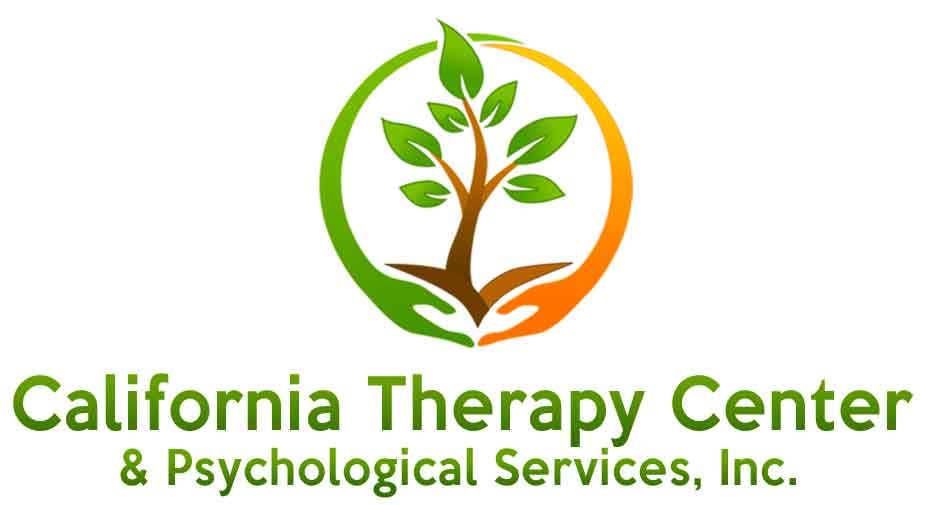Therapy for Anxiety
Is anxiety taking over your life? Does it feel like you can’t control it no matter how hard you try? Have you already tried therapy but found it ineffective?
If this sounds like you, we are confident we can help. Our practice offers the most effective forms of treatment, to help reduce your anxiety.
When it comes to treating anxiety disorders, research shows that therapy is usually the most effective option. That’s because anxiety therapy – as opposed to anxiety medication – treats more than just symptoms to the problem.
Often, these are the symptoms of anxiety:
- Nervousness, restlessness or being tense
- Feelings of danger, panic or dread
- Rapid breathing or hyperventilation
- Increased or heavy sweating
- Trembling or muscle twitching
- Weakness or lethargy
- Difficulty focusing or thinking clearly about anything other than the thing you’re worried about
- Insomnia
- Obsessions about certain ideas, a sign of obsessive-compulsive disorder
- Anxiety surrounding a particular life event or experience that has occurred in the past, a sign of post-traumatic stress disorder
Therapy can help to uncover the underlying causes of your worries and fears, learn how to relax, look at situations in a new, less frightening way, and develop better coping mechanisms and problem-solving skills.
If you struggle with overwhelming anxiety, we invite you to contact us today.


